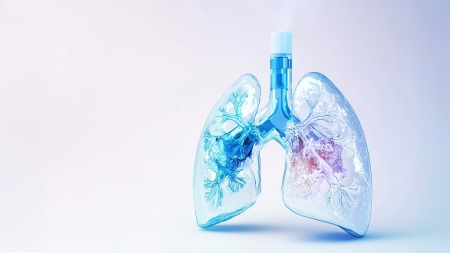Why are highly processed foods and sugary drinks harmful?
Fast food and sweet drinks are available everywhere - but they can be detrimental to our health. Highly processed foods especially tend to contain excessive amounts of sugar, fat and salt. By following a balanced diet, you can reduce your risk of obesity and cancer.

Regular consumption of fast food and sweet drinks can cause obesity. In particular, being severely overweight (obesity) can be one of the causes of illness. This includes various types of cancer.
Highly processed foods are defined as food products that are manufactured in multiple production stages. They often involve the addition of large quantities of salt, sugar and fat. In many cases, flavourings, colourants or preservatives are also added.
For this reason, highly processed foods usually have a much higher concentration of these substances than, for example, unprocessed foods or only marginally processed foods.
Here are some examples of highly processed foods:
- processed meats such as chicken nuggets, sausages and cold cuts,
- Soft drinks,
- Ready-made and frozen meals,
- Savoury snacks and sweets.
What is the right amount of sugar?
The World Health Organisation (WHO) recommends that adults should not consume more than 50 grams of sugar a day. This is equivalent to about ten teaspoons of sugar. This amount corresponds to someone consuming 2,000 calories a day, i.e. an average adult.
This 50 grams include all types of sugar. This includes white sugar as well as the sugar found in natural foods such as honey or beverages such as fruit juices.
What is the right amount of fat?
You should eat 45 to 80 grams of fat per day. This includes whatever oil and butter you use. This also includes fats in food, such as those contained in sausage products and crumbed foods. Fries, crisps and ready-made sauces as well as baked goods, croissants, confectionery and chocolate also contain fat.
Tips
- Go for healthy options when eating out. These include wraps, salads, soups and sushi.
- Prepare your own meals. This allows you to decide for yourself how many vegetables and which fats or oils you use and how large the portions should be.
- Drink water when you are thirsty.


